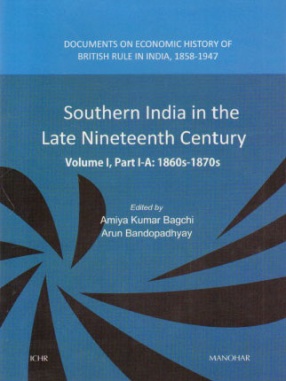
Amiya Kumar Bagchi

Showing all 13 books
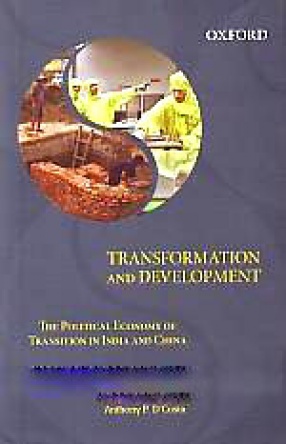
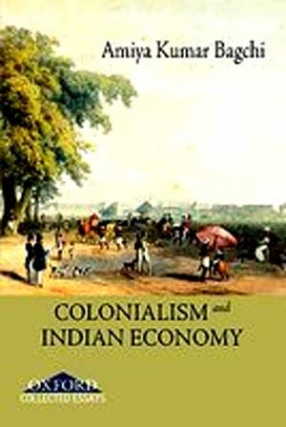

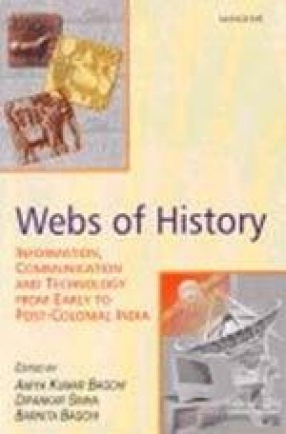

This volume is part of the Project of Indian Council of Historical Research (ICHR) on documents pertaining to the economic history of British rule in India covering the period 1858-1947. The present volume contains a wide range of economic documents for southern India roughly covered by the Madras Presidency of British India in the late nineteenth century. The volume is divided into two parts, Part I (1860s-1870s) and Part II (1880s-1890s). Documents in Part I ...


This volume examines the economic and social consequences of colonial rule in India. It covers several aspects of economy like gross domestic product, regional growth, de-industrialization, relations between agriculture and economy, demographic changes, land tax and property rights, market relations and bondage, and notions of authority. It explores the mechanisms that generated and sustained resource flow catapulting Britain and other capitalist countries to ...
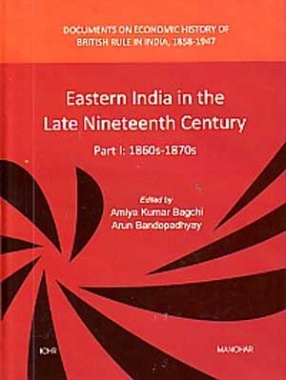
pt. 1. Eastern India in the late nineteenth century, 1860s-1870s.
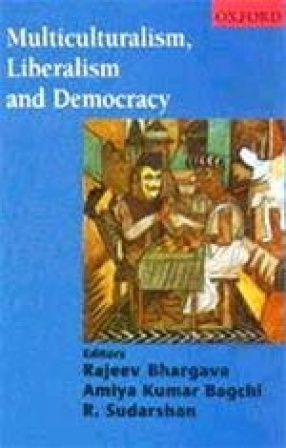
The last few decades have witnessed a shift towards a more balanced view in political theory and social science, one that acknowledges the cultural dimension of politics and the political dimension of culture. The essays in this volume reflect this shift by bringing together a number of interrelated themes of the multicultural perspective, such as the need for a stable identity; the link between identity, recognition and cultural community; the importance of ...

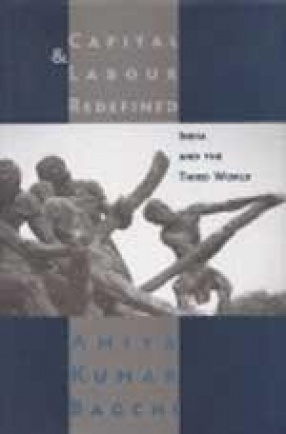
Capital and Labour Redefined is a volume of essays that gives the historical background of the formation of the Indian capitalist class from before the time of British colonial rule in India. It also analyses the nature of that class and the changes in it under colonialism and the state of independent India. It situates some of the peculiarities of capitalist organization in India and the ideology of capital in their historical context. The evolution of the ...

The papers presented in this volume arise out of the session on money, banking and finance, organized under the auspices of the Indian History Congress, Kolkata, 2000. In most historical periods in India, groups of people have been engaged in exchanges of their products, with money being extensively used as a medium of exchange. There is no point, however, trying to define who exactly were the bankers, or bankers and money-changers, or bankers, merchants and ...
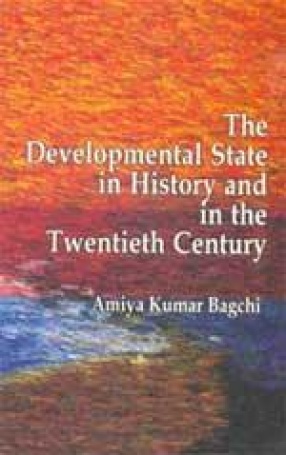
This book puts the rise of developed economies in Europe, North America and Japan in a historical and comparative perspective. It argues that in each case of sustained advance along the path of economic and human development, the state played a significant role in protecting the space for improved standards of living of its citizens. It argues further that the idea of the developmental state needs to be broadened to the concept of a development democracy. The ...

The papers in this volume, chronologically divided into two parts, move from a discussion of the colonial history of public health in India to the challenges confronting public health in the current socio-political context. In the colonial period, the state of health of their Indian subjects weighted less with the British rulers than the state of the revenues they could extract from their Indian possessions. This, despite the concern of European medical ...

This volume collects essays relating to the interface of information, communication, and technology in India--from the early period to the present. The twenty-first century is widely recognised as the era of information and communication revolution, which in turn has been primarily attributed to the spectacular progress in technology. However, such a revolutionary and momentous change has its roots in history, culture and the society in which it takes place. The ...
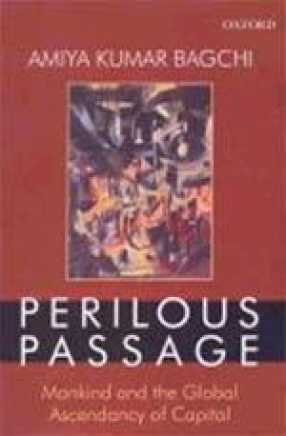
Investigating the emergence of the states on the North Atlantic seaboard as prosperous and powerful nations, and their eventual domination overthe rest of the world, Perilous Passage presents an engaging account of the economic emergence of the contemporary world. Differing radically from the ‘free market’ theorists, Bagchi provides a much-needed alternative perspective of global economic history from sixteenth century to contemporary times. The author brings ...
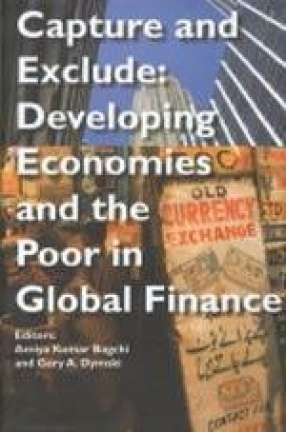
The essays gathered in this book address two broad questions. What are the legacies of the imperial age and the colonial epoch, in the capitalist economy of the present day? And what challenges do global financial dynamics pose for developing countries, and for lower- and middle-income households? Increasing cross-border economic flows have attracted ever more attention. Ironically, cross-border financial relations are centuries old: they date to the birth of the ...
